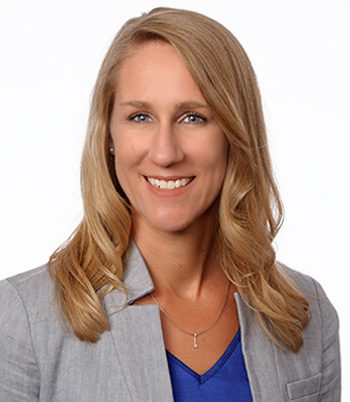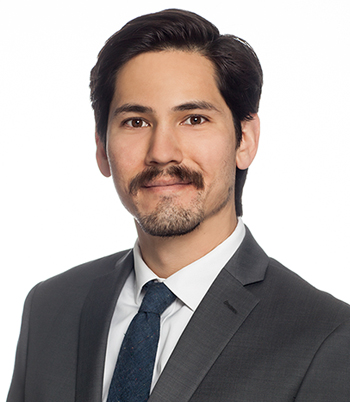Monterey Coastkeeper vs. MCWRA Litigation
In December 2017, Downey Brand’s Natural Resources team won an important victory for its longstanding client, the Monterey County Water Resources Agency, in a water quality-related lawsuit brought against the Agency by Monterey Coastkeeper, an environmental organization.
The suit alleged the Agency had failed to control pollution while exercising its flood and drainage control responsibilities. The Sixth District Court of Appeal ruled in favor of the Agency, finding most importantly that Monterey Coastkeeper had failed to first make its case before the Central Coast Regional Water Quality Control Board, one of the six Regional Boards responsible (under the State Water Resources Control Board’s ultimate authority) for water quality control in California. In legal terms, Coastkeeper had failed to exhaust its administrative remedies, a prerequisite to filing a court action relating to most regulated activities in the state. The appellate decision, certified for publication, became final in March 2018 when the California Supreme Court denied Coastkeeper’s petition for review of the Sixth District’s decision.
The Salinas Valley is one of the world’s most productive agricultural regions, earning it the moniker “Salad Bowl of the World.” Drainage from Salinas Valley agriculture and flood waters flow into two man-made facilities maintained by the Agency which eventually discharge into the Salinas River, then into Monterey Bay. Monterey Coastkeeper sued the Agency in Monterey County Superior Court alleging that the Agency had violated California’s Porter-Cologne Water Quality Act by failing to file a “report of waste discharge” with respect to this drainage water. The Agency responded that the superior court had no jurisdiction over this claim because Coastkeeper had not yet availed itself of the Regional Water Quality Control Board’s regulatory remedies.
The doctrine of “exhaustion of administrative remedies” is central to regulatory authority in California – and all states, for that matter. The doctrine is designed to ensure that claims whose resolution requires special expertise – in this case the chemistry, movement, and control of agricultural and storm water runoff – are heard in the first instance by the regulatory agencies that can bring to bear that expertise on such claims. This relieves trial courts not only of congested dockets, but more importantly the burdens of sorting out and deciding technical issues that fall outside of both lay and legal expertise.
The trial court had granted Coastkeeper’s petition for a writ of mandate, incorrectly ordering the Agency to take what amounted to legally inappropriate steps to “comply” with Porter-Cologne’s waste discharge requirements. The trial court found that even if Coastkeeper had not exhausted its administrative remedies, those remedies would be futile because they would not result in allowing Coastkeeper to bring a suit directly against the Agency should the Regional Board rule against Coastkeeper. As the appellate court recognized, the trial court’s reasoning resulted from a fundamental misreading both of the remedies Porter-Cologne provides and of the cases interpreting the exhaustion of remedies doctrine.
As its certification for publication suggests, this decision is an important clarification of the law governing administrative and regulatory processes in California. The decision provides regulatory certainty to public agencies throughout the state whose activities implicate water quality concerns, and spares those agencies the burden of pollution control regarding drainage and runoff over which they lack legal control, precisely because, as the decision recognizes, that authority is vested in the Regional Boards and the State Water Resources Control Board. More broadly, the decision confirms for public agencies of every kind that claims relating to regulated activities must first be brought where the Legislature has specifically placed regulatory authority, thereby sparing litigants and courts from a torrent of lawsuits raising technical issues of various kinds which superior court judges are simply not equipped to deal with.




Christian L. Marsh
Christian L. Marsh
Partner

Public agencies and private companies turn to Christian Marsh for advice on regulatory and land use entitlement issues governing real estate developments, ground and surface water supply projects, renewable and non-renewable energy facilities, mining operations and processing plants, and port and waterfront developments.
Partner
San Francisco








